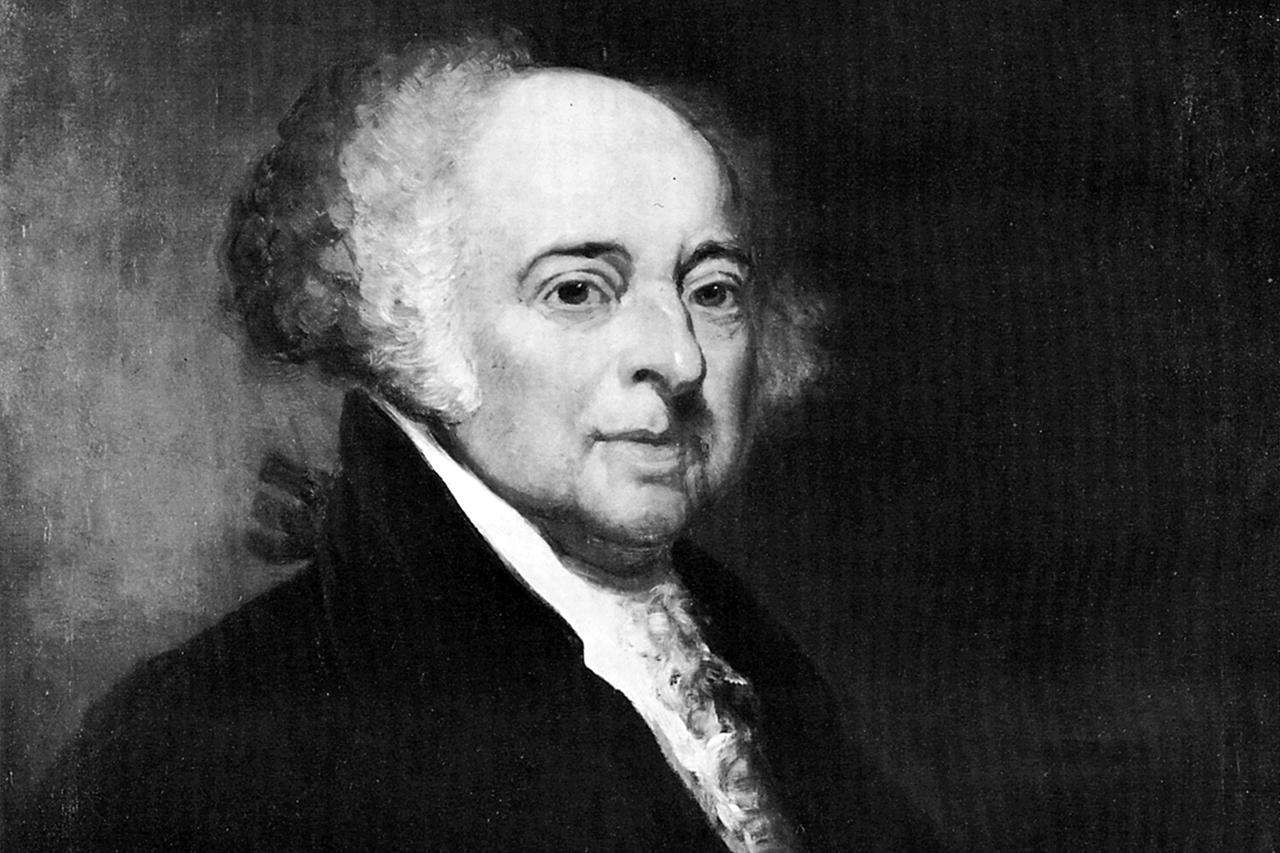
John Adams, the second President of the United States, played a pivotal role in American history. Born in 1735, he was a key figure in the American Revolution and a driving force behind the Declaration of Independence. Adams was known for his sharp intellect, strong principles, and sometimes fiery temperament. He served as the first Vice President under George Washington before becoming President himself. His presidency saw significant events, including the XYZ Affair and the passing of the Alien and Sedition Acts. Despite facing many challenges, Adams' contributions to the foundation of the United States remain undeniable. Here are 25 intriguing facts about this influential leader.
Early Life and Education
John Adams, the second President of the United States, had a fascinating life filled with notable achievements and interesting facts. Let's dive into some lesser-known details about his early years and education.
- Born on October 30, 1735, in Braintree, Massachusetts, John Adams was the eldest of three brothers.
- His father, John Adams Sr., was a farmer and a deacon in the Congregational Church.
- Adams attended Harvard College at the age of 16, graduating in 1755.
- Initially, he considered a career in ministry but decided to study law instead.
- He taught school for a few years before becoming a lawyer in 1758.
Political Career
Adams played a crucial role in the American Revolution and the formation of the United States government. Here are some key points about his political journey.
- Adams was a delegate to the First and Second Continental Congresses.
- He nominated George Washington to be the commander-in-chief of the Continental Army.
- Adams was a key figure in drafting the Declaration of Independence.
- He served as a diplomat in Europe during the Revolutionary War, securing vital support from France.
- Adams was the first Vice President of the United States, serving under George Washington from 1789 to 1797.
Presidency
John Adams' presidency was marked by significant events and challenges. Let's explore some notable aspects of his time in office.
- Adams became the second President of the United States in 1797.
- His presidency saw the passage of the Alien and Sedition Acts, which were highly controversial.
- Adams avoided war with France through diplomacy, known as the Quasi-War.
- He was the first president to reside in the White House, moving in before it was fully completed.
- Adams lost his bid for re-election to Thomas Jefferson in 1800.
Personal Life
Beyond his political career, Adams had a rich personal life filled with interesting anecdotes and relationships.
- Adams married Abigail Smith in 1764, and they had six children together.
- His son, John Quincy Adams, later became the sixth President of the United States.
- Adams and Thomas Jefferson, once close friends, became political rivals but reconciled later in life.
- Adams was known for his extensive correspondence with his wife, Abigail, which provides valuable historical insights.
- He lived to the age of 90, passing away on July 4, 1826, the same day as Thomas Jefferson.
Legacy
Adams' contributions to the United States have left a lasting legacy. Here are some enduring aspects of his impact.
- Adams was a strong advocate for independence and played a pivotal role in the American Revolution.
- His writings and letters offer a deep understanding of the era's political and social climate.
- Adams' commitment to education and law influenced future generations of American leaders.
- He was a proponent of a strong federal government, which shaped the nation's early political structure.
- Adams' legacy is commemorated in various ways, including the John Adams Building of the Library of Congress.
The Legacy of John Adams
John Adams, the second President of the United States, left a lasting impact on American history. His role in drafting the Declaration of Independence, negotiating the Treaty of Paris, and establishing the U.S. Navy showcases his dedication to the nation. Adams' commitment to education, evident in his founding of the American Academy of Arts and Sciences, highlights his belief in knowledge as a cornerstone of democracy. Despite facing political challenges, including the controversial Alien and Sedition Acts, Adams' contributions to the early Republic remain significant. His correspondence with Thomas Jefferson, spanning decades, provides invaluable insights into the era's political and philosophical debates. Adams' legacy, marked by his unwavering patriotism and intellectual rigor, continues to inspire. Understanding his life and achievements offers a deeper appreciation of the foundations of the United States.
Was this page helpful?
Our commitment to delivering trustworthy and engaging content is at the heart of what we do. Each fact on our site is contributed by real users like you, bringing a wealth of diverse insights and information. To ensure the highest standards of accuracy and reliability, our dedicated editors meticulously review each submission. This process guarantees that the facts we share are not only fascinating but also credible. Trust in our commitment to quality and authenticity as you explore and learn with us.


